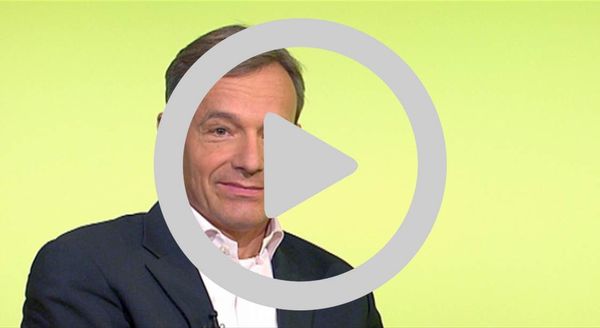Why Do We Age at All?
Aging does not appear all of a sudden. Instead, it’s a continuous biological process that accompanies us throughout our life, beginning when we are born and ending when we die. Due to the development of medical approaches and the improvement of hygienic conditions, the human lifespan has almost doubled within the last 120 years. The downside of this happy prospect is that an increasing segment of the population will be suffering from age-related diseases.
Every biological organism ages. But why do we have to age? Is there a “biological sense”? Experts are still undecided about how to answer these questions correctly. Several insights and theories show that both, internal and external factors play a crucial role in aging. Here are some of the most common theories discussed by aging research.
One theory suggests that the elderly have to make room for the younger generation, which is generally more adaptable and can adjust to new situations and changes more easily.
Another theory holds the opinion that the human body is negatively affected by external influences such as UV radiation, free radicals or environmental pollutants that accumulate during life and sooner or later lead to diseases and signs of aging.
Research assumes that several tissue and cell components lose their function over the years, leading to a diminished resilience and cell functionality. Moreover, during aging alterations in our genetic information pool “DNA” can be observed – but as of now, it remains unclear whether these alterations are a reason for aging, or a consequence.
Some other aging theories proclaim that for each cell its aging and death is programmed in the DNA and is proceeding according to this genetic plan. E.g. it is known that the aging process is genetically predisposed – but researchers don’t agree to what proportion. 30 or 70 percent? However, a long lifespan can partly be inherited.
As a consequence of various transformative, degradation and building processes – all necessary for the life-essential production of energy – a wealth of bio-chemical procedures are taking place in the human body. However, as by-products of degradation processes, free radicals remain that may harm the body. Equally important as these bio-chemical processes is the individual hormone balance. There are several phases of hormonal changes during life as puberty, pregnancies, or menopause, all of them being associated with certain diseases.
Whatever the genetic predisposition may outline: a major influencer of individual aging is lifestyle. Eating and drinking habits are equally as important as sleep rhythm, smoking or occupational and private stress. Unfortunately, our body has an exceedingly good memory for the major and minor “sins” of our life. They add up during life and become obvious in aging and disease. A positive healthy lifestyle change can at least partly help to minimize this negative impact.
Can We do Anything to Stop Aging?
Honestly? No. There’s no “cure” against aging, and probably there’ll never be. Instead of struggling with getting older, we should try to find its good points because in the end, “growing old is the only way to lead a long life”, as Daniel Francois Esprit Auber, a French composer, simply stated. In order to take advantage of the immense amount of valuable experiences older people possess – gathered throughout their lives – it is very important to extend the healthy lifespan to make them active members of our daily life.
Even if aging is partly predefined by our genome, there is a lot we can do to stay healthy in the later years. Besides a healthy diet, regular and moderate exercise helps to reduce stress and minimize free radicals from doing harm. Furthermore, sports activity improves the immune system, which effectively may slow down the aging process.
Through regular exercise, muscle mass may increase and the human skin is better supplied with life-essential nutrients. Those who are involved in sports throughout their lives will thus benefit by further postponing the declining of their physical and mental faculties.
Moreover, to avoid harmful environmental factors like UV radiation, a healthy and low-calorie diet and to avoid body poisons such as nicotine or alcohol may positively influence and improve healthy aging.










